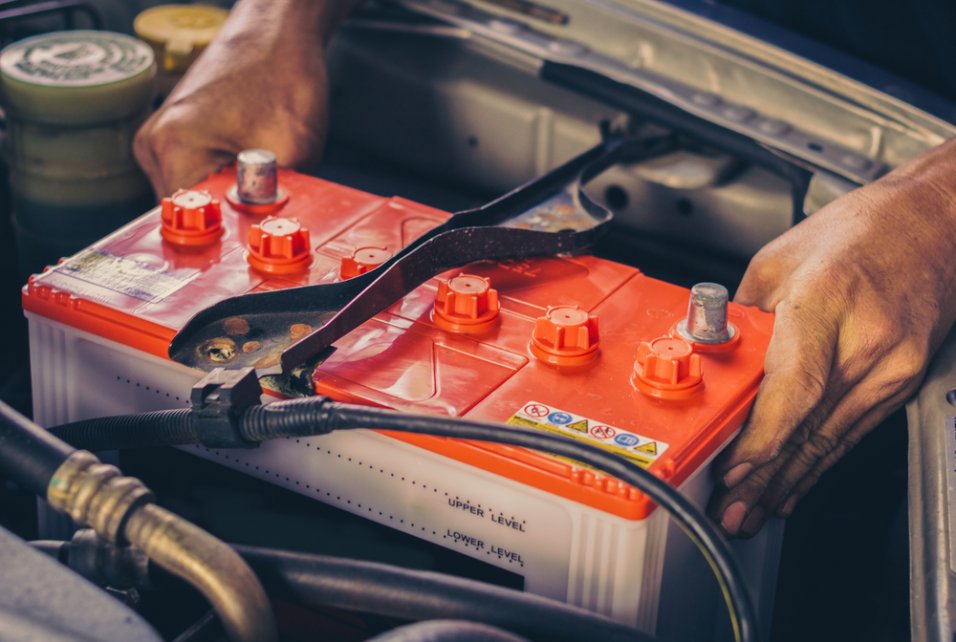
There are several factors that can shorten the life of a car battery. In this article, we will discuss the most common causes of battery degradation and offer some tips on how to extend its lifespan.
- Age: The age of a battery is one of the primary factors that determine its lifespan. On average, a car battery lasts between 3 to 5 years. As the battery ages, its ability to hold a charge diminishes, leading to shorter battery life. Regularly checking the age of your battery and replacing it when necessary is crucial in maintaining a healthy electrical system in your car.
- Overcharging: Overcharging your battery can significantly reduce its lifespan. When a battery is overcharged, it generates excess heat, which can damage the internal components and cause the electrolyte solution to evaporate. This can lead to decreased battery capacity and ultimately shorten its life.
- Undercharging: On the other hand, undercharging your battery can also be detrimental. When a battery is not fully charged, it can lead to sulfation, a process where sulfur crystals form on the battery plates. This reduces the battery’s ability to hold a charge and can ultimately result in a shorter lifespan.
- Lack of maintenance: Neglecting regular maintenance can also contribute to a shortened battery life. It is essential to keep the battery terminals clean and free from corrosion. Corroded terminals can hinder the flow of electricity and reduce the battery’s performance. Additionally, regularly checking the battery’s fluid levels, if applicable, and topping them up when necessary can help prolong its lifespan.
- Extreme temperatures: Extreme temperatures, both hot and cold, can have a significant impact on battery life. In hot weather, the heat can cause the battery fluid to evaporate, leading to decreased capacity and potential damage. Cold weather, on the other hand, can reduce the battery’s ability to provide sufficient power. It is important to park your car in a sheltered area during extreme weather conditions to minimize the impact on your battery.
- Parasitic drains: Parasitic drains refer to electrical components that continue to draw power from the battery even when the car is turned off. These drains can include features like clocks, alarms, or even faulty wiring. If left unaddressed, parasitic drains can significantly reduce battery life. Regularly checking for and fixing any electrical issues can help prevent unnecessary battery drain.
- Short trips and infrequent driving: If you frequently take short trips or leave your car unused for extended periods, it can negatively affect your battery’s lifespan. Short trips do not allow the battery to fully recharge, leading to sulfation and decreased capacity. Similarly, leaving your car unused for long periods can cause the battery to discharge slowly over time. If possible, try to take longer drives occasionally to allow the battery to fully charge.
In conclusion, several factors can shorten the life of a car battery, including age, overcharging, undercharging, lack of maintenance, extreme temperatures, parasitic drains, and short trips. By regularly maintaining your battery, being mindful of its age, and taking precautions against these factors, you can extend its lifespan and avoid unexpected battery failures.
